Family Travel 5: You Won’t Believe How These Vacations Teach Civil Rights History
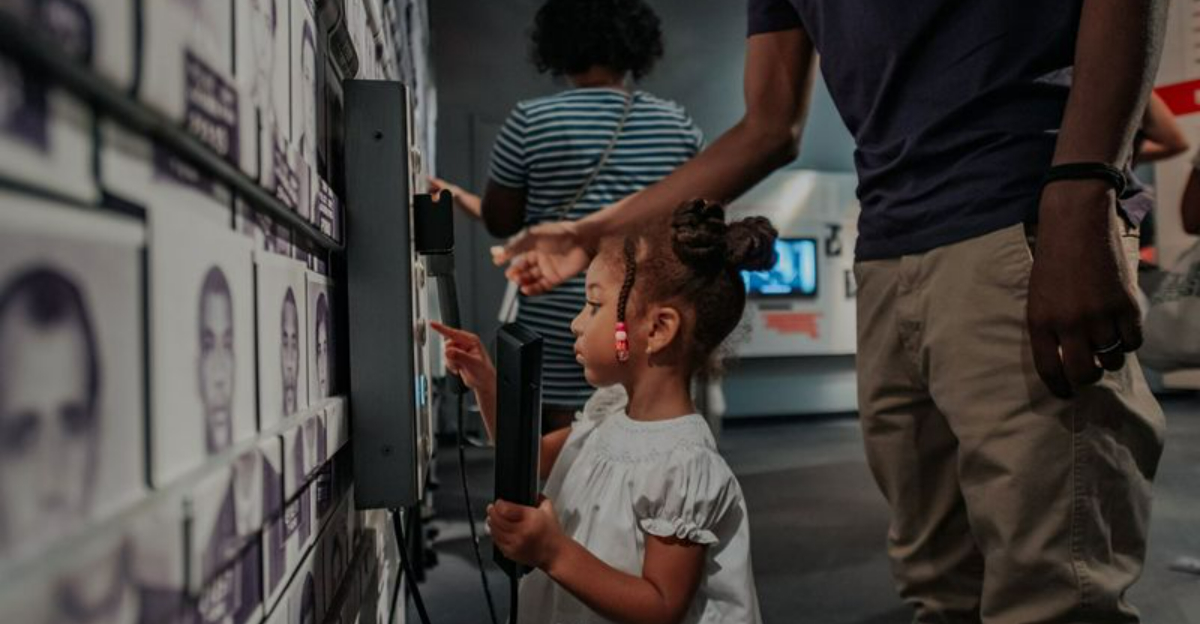
Planning a family vacation that’s both fun and educational might seem impossible, but civil rights history destinations offer exactly that perfect blend. These meaningful trips let kids walk in the footsteps of heroes while learning important lessons about equality and justice.
From powerful museums to historic neighborhoods, these family-friendly destinations bring textbooks to life in ways your children will never forget.
1. Montgomery’s Freedom Trail Adventures
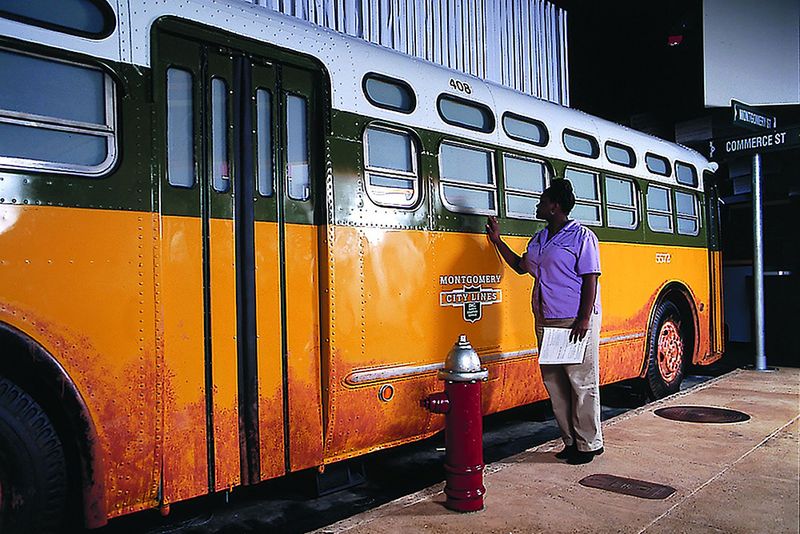
Walking through Montgomery, Alabama feels like stepping into the pages of history books. The city where Rosa Parks refused to give up her bus seat now offers interactive exhibits that even fidgety kids find fascinating.
Young travelers can actually sit on a replica of that famous bus at the Rosa Parks Museum, imagining what courage it took to stay seated. Nearby, the Legacy Museum uses technology that captivates children while teaching difficult history in age-appropriate ways.
Did you know? Many Montgomery tour guides are descendants of civil rights activists and share personal family stories that won’t be found in any textbook!
2. Memphis Soul and Struggle
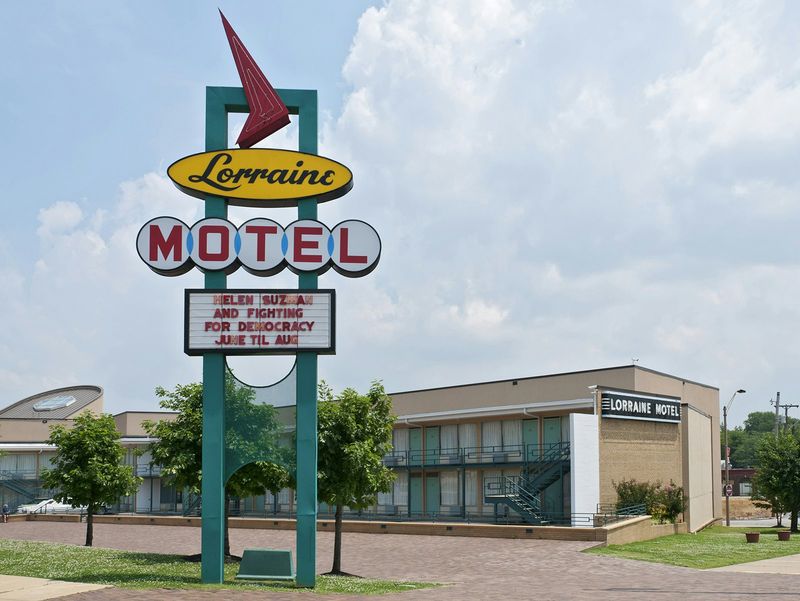
Music becomes the gateway to understanding civil rights history in Memphis. The National Civil Rights Museum, built around the Lorraine Motel where Dr. King was assassinated, connects with kids through sound, interactive displays, and powerful storytelling.
After exploring serious history, families can lighten the mood on Beale Street, where the sounds of blues music explain how culture became resistance. My kids were surprised to learn how songs we still hear today were actually protest anthems in disguise.
For lunch, try soul food at restaurants where activists once gathered to plan protests – history lessons have never tasted so good!
3. Selma’s Bridge to Understanding
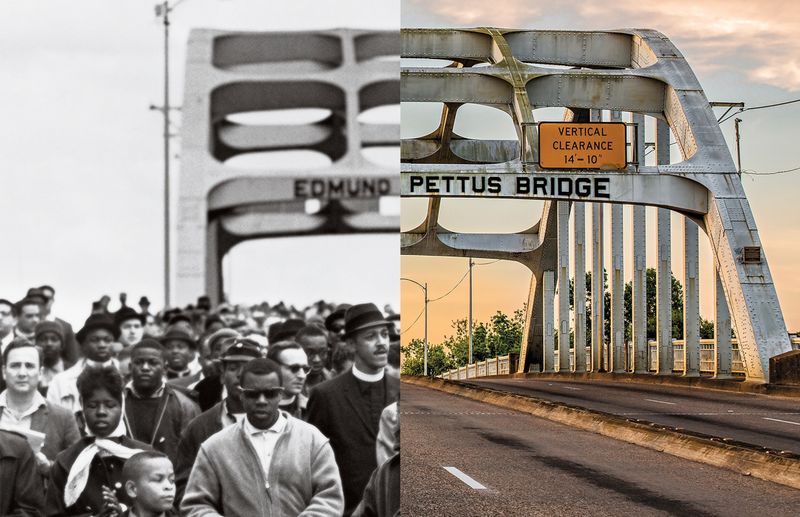
Nothing compares to watching your children walk across Edmund Pettus Bridge, retracing the footsteps of brave marchers who faced violence for voting rights. In Selma, Alabama, history isn’t just told – it’s experienced with every step.
Younger kids grasp complex concepts when they’re connected to physical places. The Selma Interpretive Center offers child-friendly exhibits that break down voting rights struggles into understandable lessons. Teenagers especially connect with stories of student activists their own age who joined the movement.
If possible, visit during the annual Bridge Crossing Jubilee in March, when civil rights veterans lead families across this national landmark.
4. Atlanta’s Kid-Friendly Rights Revolution

Atlanta brilliantly balances serious history with kid-friendly attractions. The National Center for Civil and Human Rights uses interactive exhibits where children can experience sitting at a lunch counter during a simulated sit-in – complete with headphones that let them hear what protesters heard.
Just steps away sits the World of Coca-Cola and Georgia Aquarium, perfect for breaking up history lessons with fun. We found our kids absorbed more civil rights knowledge when it wasn’t the only focus of our day.
Martin Luther King Jr.’s childhood home in Sweet Auburn neighborhood shows children how an ordinary boy in an ordinary house grew up to change the world.
5. Washington DC’s Monuments and Movements
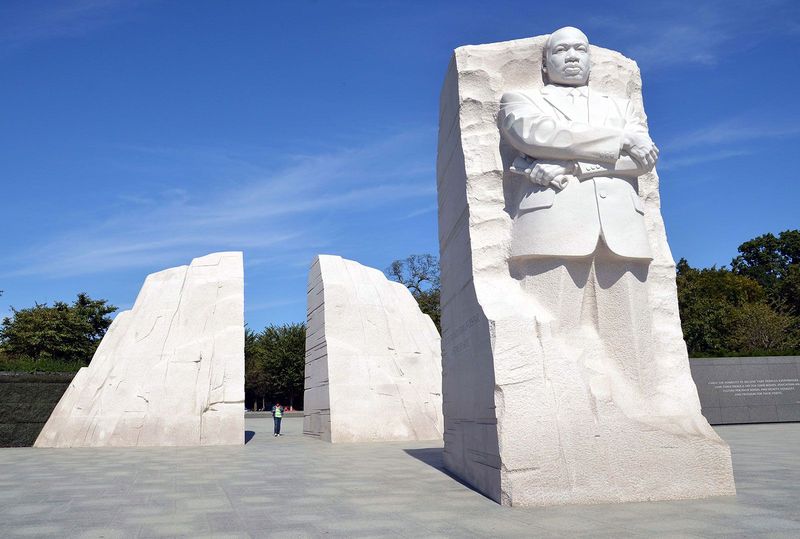
Even young children recognize the Lincoln Memorial from picture books, making DC a perfect introduction to civil rights history. Standing where Martin Luther King Jr. delivered his “I Have a Dream” speech helps kids connect familiar words to real places.
The National Museum of African American History and Culture transforms potentially overwhelming topics into engaging stories through its smart layout and child-friendly sections. My ten-year-old spent an hour in just the music exhibition, understanding how artists fought discrimination through song.
Pro tip: Book free timed-entry tickets months in advance – this remains DC’s most popular museum for families since opening in 2016.
